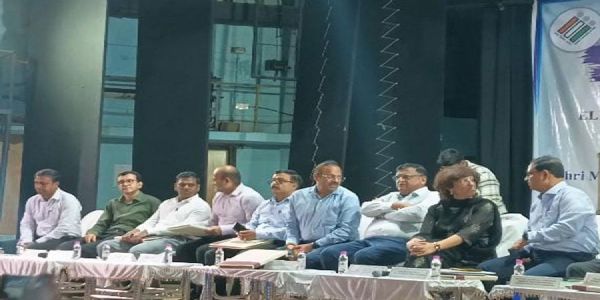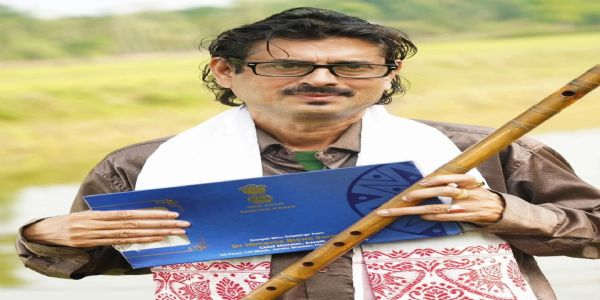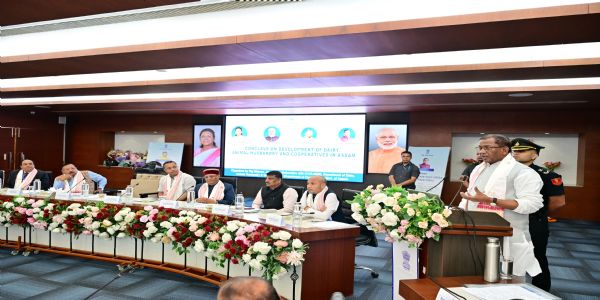
Bhubaneswar, 3 November (H.S.): In a groundbreaking initiative, AIIMS Bhubaneswar has begun pioneering research into the toxicology of Cycad plants, following the detection of the neurotoxin BMAA (β-N-methylamino-L-alanine) in Cycad species found in Odisha’s forests. The move comes amid growing health concerns as some local communities continue consuming Cycad-based foods such as pitha, a traditional delicacy.
The research aims to explore possible links between Cycad consumption and neurodegenerative disorders like Parkinsonism, motor neuron disease, and dementia, which have previously been associated with BMAA exposure in regions such as Guam (USA) and Japan’s Kii Peninsula.
The international workshop titled “Cycad-Related Neurological Disorders: A Multi-Dimensional Approach to Its Remediation” was jointly organised by AIIMS Bhubaneswar’s Department of Neurology and the North-Eastern Hill University (NEHU), Shillong.
Renowned neuroscientists Prof. Peter S. Spencer and Prof. Valerie S. Palmer from Oregon Health & Science University shared their extensive research experiences on Cycad neurotoxicity. Other eminent participants included Prof. Jacques Reis (University of Strasbourg, France), Dr. Rajarshi Majumder and Dr. Jessica Pasqua (UCLA), along with national experts such as Prof. Manjari Tripathi, Head of Neurology, AIIMS New Delhi.
As part of the study, scientists conducted field visits to Dhuannali (Khordha) and Gangamunda and Suaginali (Kamakhyanagar, Dhenkanal) — areas where tribal communities still consume the Cycas plant, locally known as Veru or Aruguna. The team interacted with villagers, patients, and healthcare workers to assess possible neurological impacts of Cycad use.
AIIMS Bhubaneswar Executive Director Prof. (Dr.) Ashutosh Biswas, who inaugurated the workshop, lauded the initiative as a landmark step toward understanding Cycad-related health risks in India. The research is being led by Prof. S. K. Barik (Dean, School of Life Sciences, NEHU) and Prof. Sanjeev Kumar Bhoi (HOD, Neurology, AIIMS Bhubaneswar), with support from Prof. Dillip K. Parida, Dr. Shakti Kanta Dash, and other experts.
The workshop concluded with a pledge to advance interdisciplinary research, strengthen community awareness, and develop effective strategies to mitigate potential neurological hazards linked to Cycad consumption in Odisha.
---------------
Hindusthan Samachar / Monalisa Panda








